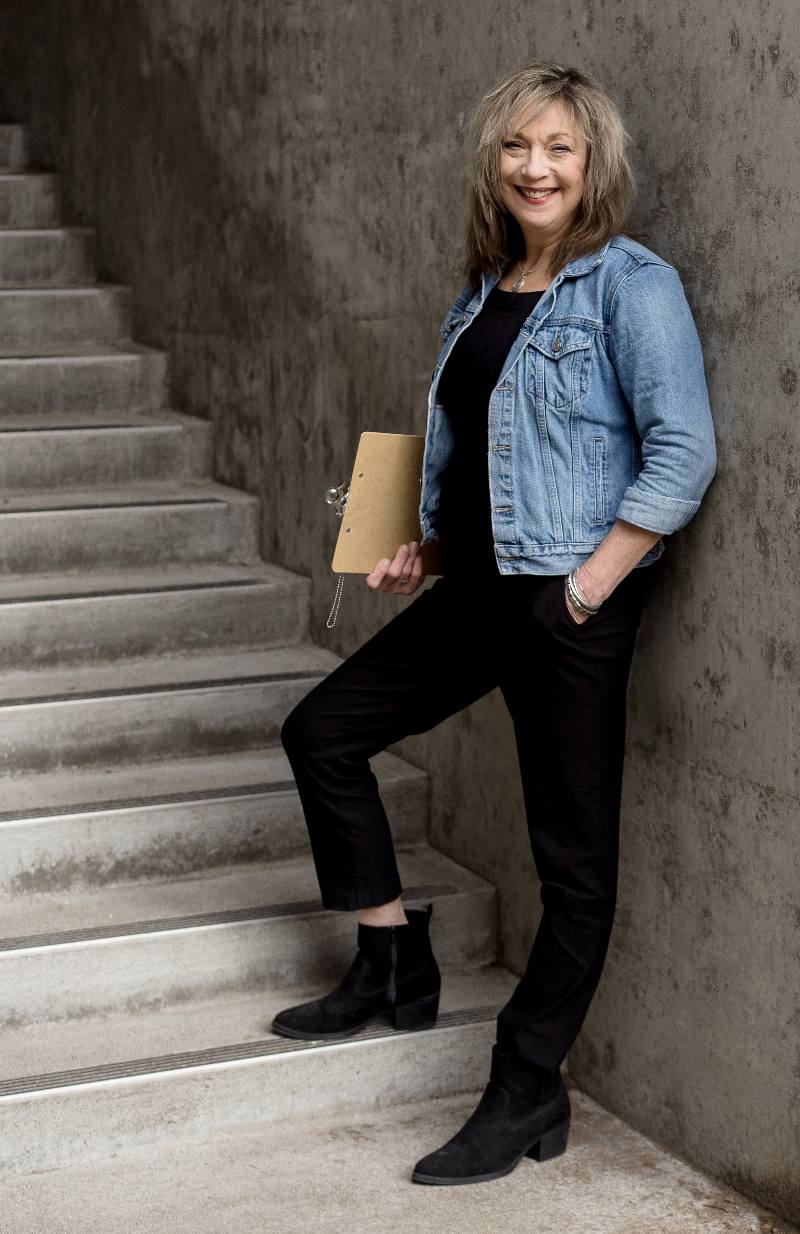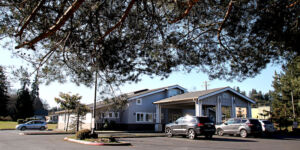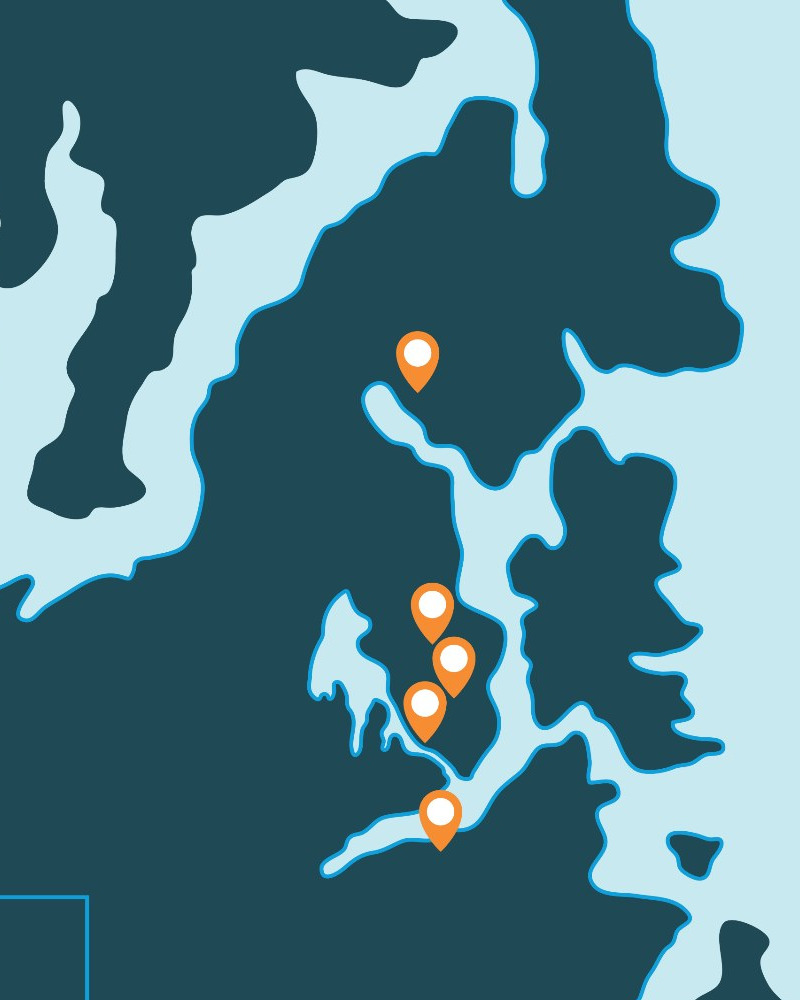A Spirit of Belonging
As a lead behavior interventionist, Marcus Slater, lays the groundwork for those feats of selfregulation, managing a system of expectations, privileges and rewards designed to keep students safe and help them be successful.
“The whole goal is to get them back to their home school, and this is teaching them the skills,” he says.
The school is organized around the Circle of Courage, a positive youth development model based on Native American philosophies of child rearing. It focuses on four universal needs:
- Belonging – Be a respectful member of your community
- Mastery – Learn academic and therapeutic skills
- Independence – Demonstrate personal responsibility
- Generosity – Make a positive contribution
Each level or spirit includes values, expected behaviors and a checklist of tasks. As students complete the tasks, they petition to move up to the next level. By the time they’ve worked through the four spirits, they’re ready to go back to their home schools
Students come to Madrona from a dozen school districts in the region, bringing complex behavioral and mental health challenges with them, along with a history of feeling unsuccessful in their home schools.
One of Marcus’s goals is to understand their past traumas and the triggers that drive their behavior.
He wants students to understand that attending Madrona is not a punishment, it’s a fresh start. “I want them to think, ‘I am in a safe place with safe people around me.’”
Marcus has been with KMHS for 12 years, working in several different positions before finding his calling at Madrona. “This is not a textbook job,” he says. It involves problem solving, collaborating and understanding a student’s point of view.
Although he had experience working with at-risk youth for Catholic Community Services, he’s learned the most by watching other staff members, including Director of Child & Family Services Abby Stevenson.
He recalls a student becoming frustrated and lashing out in a destructive rage. Abby calmly offered the child a snack before addressing the larger issue.
“That switched my mindset,” he recalls. “I learned you have to meet them where they’re at and meet those basic needs first before we can do any kind of repair or any kind of other therapy.”










